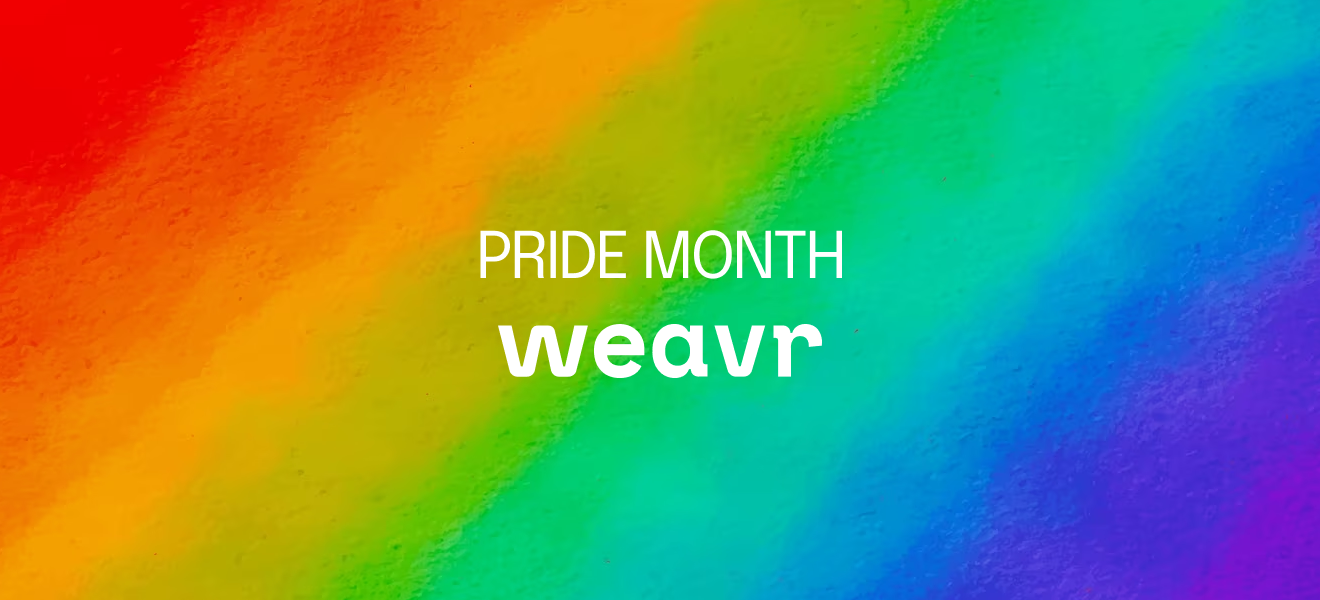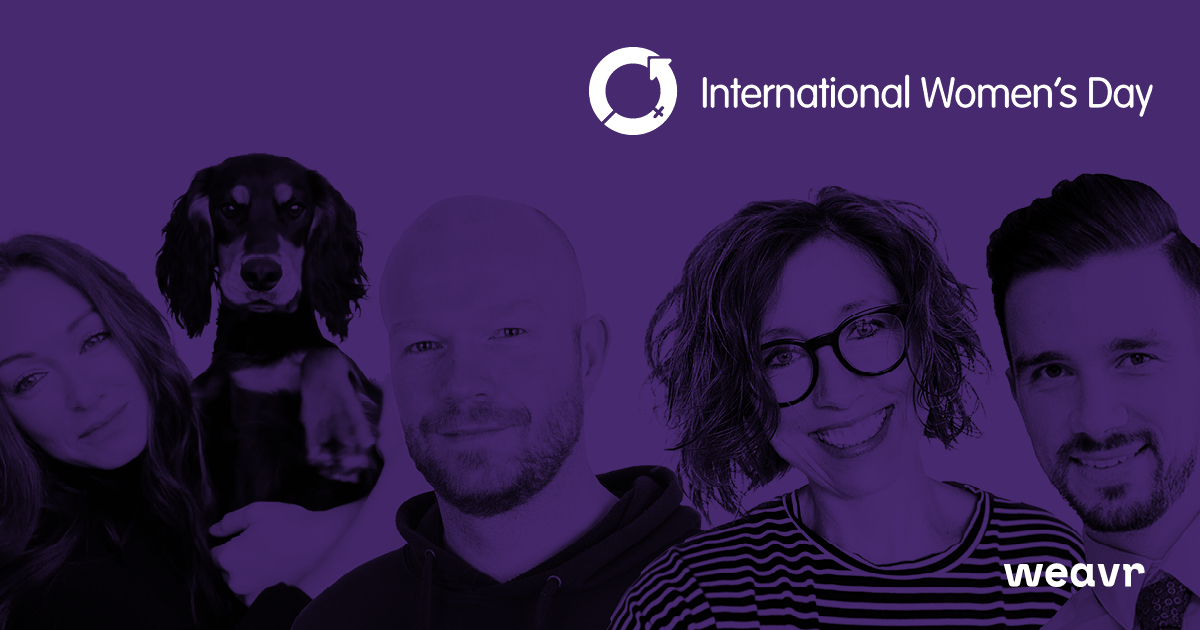- Daniel joins as Chief Commercial Officer at an exciting time for Weavr as the company exits stealth mode – accelerating its growth and product development.
- He brings with him a wealth of experience – having spent over 17 years in finance and payments. Most recently in senior roles at both Ethoca and Feedzai, Daniel has helped both early stage Fintechs, and global financial institutions, meet the challenges of an increasingly digital economy head on.
- His ability to manage high scale operations and drive strategic business growth will accelerate Weavr’s plans for expansion into new markets, globally.
Daniel talks about his reasons for joining Weavr below…
- The Turkish invented money around 2,600 years ago.
- The Chinese invented paper money around 1400 years ago.
- The Knights Templar invented banking around 700 years ago.
- The first “modern bank” was invented in London around 250 years ago.
- The first credit card was about 70 years ago.
- The first online payment was about 25 years ago.
- Contactless payments were invented about 10 years ago.
- Last year saw the launch of “Pay with fingerprint”!
So … what’s next?!
The speed of change in how we move money is accelerating. Therefore it shouldn’t be a surprise that what’s next is already here – “invisible”, or “embedded” finance.
The way you pay on Amazon or (insert generic food delivery app here) are so commonplace to all of us that we don’t think about them anymore. They represent the payments ecosystem fulfillment of the evolution from the on-demand economy to the real time economy. But despite being so unremarkable in how we interact with them daily, they are both a) remarkable in how far in front of the average experience they are and b) they represent the tip of the iceberg.
Leaving the evolution of payments for a moment and picking up another well worn thread, the digitalisation of our day to day experiences. There probably are more well worn subjects than digital transformation in boardrooms around the world, but there won’t be many. It’s a relatively safe bet that for more than 90% of the people reading this their employer is either a challenger to the status quo, built on the principle of the disruptive innovation of digitalising an industry, or it is an incumbent going through a digital transformation journey.
Where the most exciting innovation is coming from is where these 2 trends, the evolution of how we pay and the digitalisation of how we live, intersect. Companies like Amazon and Uber are changing how we go about major parts of our lives (retail and transportation) and they have embedded finance into that innovation making the money flow frictionless and invisibly in every direction. Whether it is the gig economy, or new ways of moving value, like crypto, or service industries like accountancy and education I believe this type of disruption is going to come to almost every walk of life. But like most disruption, it isn’t going to be easy. Creating sophisticated, seamless and invisible finance relationships that allow customers and corporates to move money within an app, or programmatically through an API, with almost zero friction is … bluntly … bloody hard.
And that is why I am so excited by Weavr. Weavr provides both a) the deep tech orchestration capabilities, with low-code accessibility, and b) the network of connections to the finance services, required to power the disruption innovators will bring across the full range of services and products we currently live with “pre-Amazon”. What is more, as it was created as a platform it is inherently future-proofed. Both in it’s “rinse and repeat” ability to allow our clients to launch the next country/product/partner in days or weeks rather than many, many months. But also in it’s extensible nature, allowing additional payment methods, or 3rd party services such as credit bureaus, to be added with a lead time of weeks, not years. Making Weavr the perfect partner to enable entrepreneurs and innovative companies to change the world.




